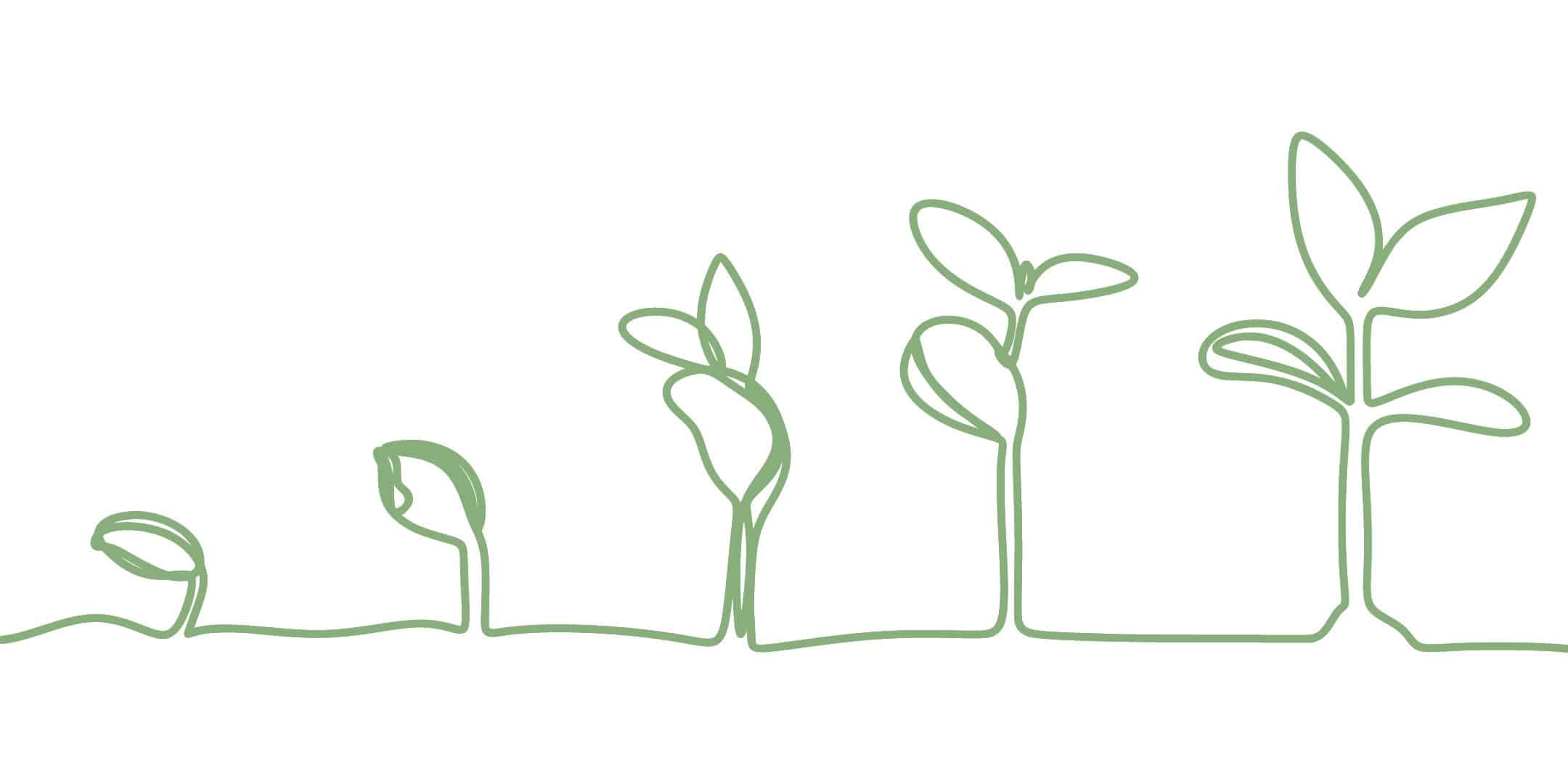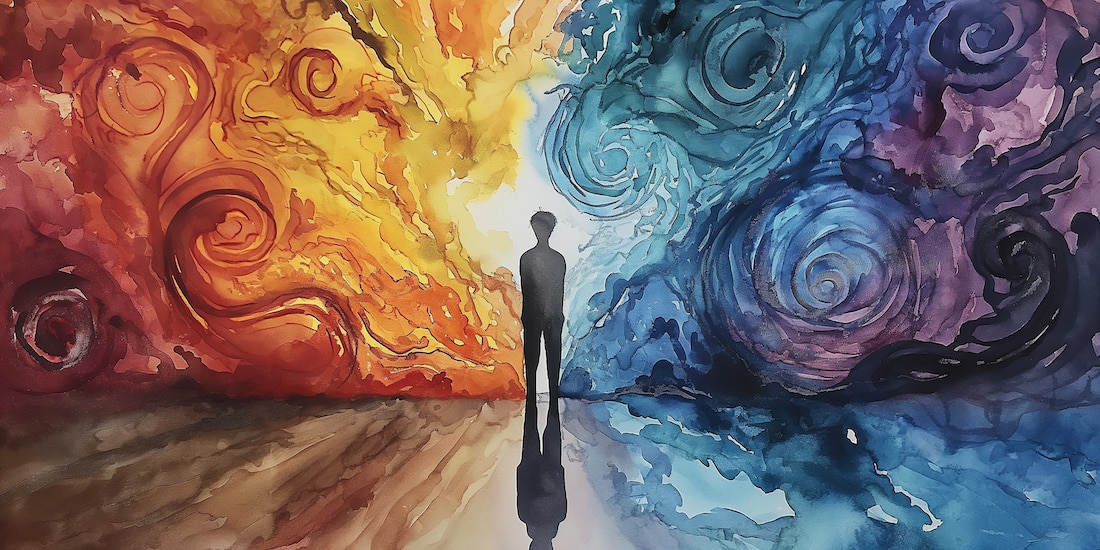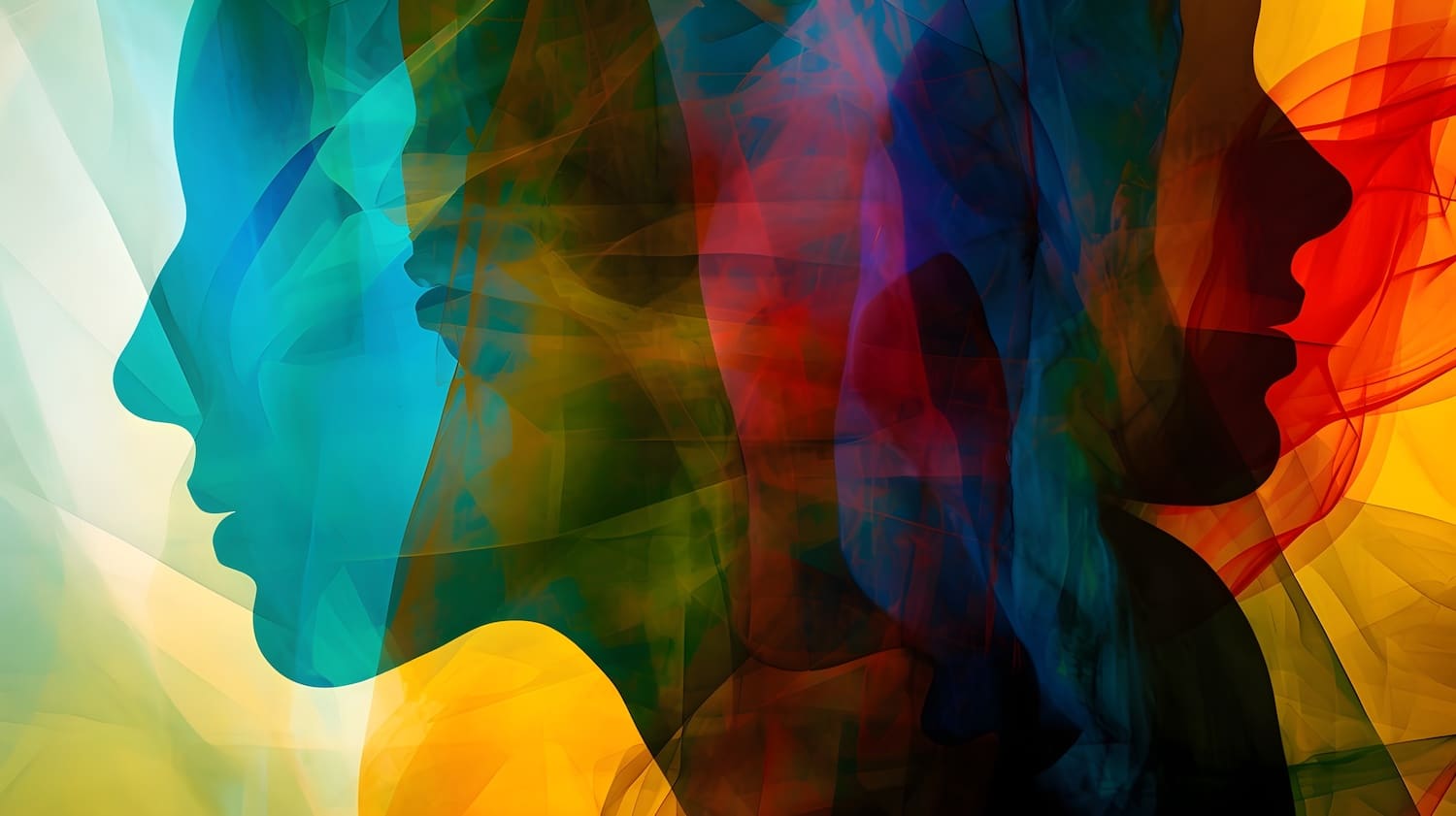Depression is a common mood disorder characterized by symptoms that include a loss of interest in activities formerly enjoyed, increased irritability, irregular sleeping patterns, irregular moods, loss of appetite, and even suicidal thoughts.
According to the Anxiety and Depression Association of America, over 322 million people are living with depression globally. Just as there are multiple types of personality and anxiety disorders, there are also multiple types of depression. We’ll begin with the most severe type of depression—major depression—also known as clinical depression.
Major Depressive Disorder
At some point, we have to feel low, but typically, that feeling is temporary. A major depressive disorder is different in that it lasts for more than two weeks. It often brings feelings of guilt, hopelessness, and a loss of interest and pleasure in usual activities.
Additionally, major depression can cause a change in appetite, insomnia, cognitive difficulties, and suicidal thoughts. It can also have a social, occupational, and educational impact. Over 16 million adults are affected by major depression in the United States alone.
Postpartum Depression
Postpartum depression is a common type of depression among women who have recently given birth. It can last for two weeks up to a year. Symptoms of postpartum depression include increased anxiety, feelings of sadness accompanied by long crying spells, difficulty sleeping, and frequent mood swings.
The exact cause of postpartum depression is unknown. However, the most likely culprit is a woman’s loss of the hormones estrogen and progesterone following pregnancy. Weight gain and the increased responsibility of being a mother could also play a role in the onset of postpartum depression.
Seasonal Affective Disorder (SAD)
Seasonal affective disorder is a type of depression that is associated with the varying levels of sunlight that take place as the seasons change in the fall and winter months. SAD is characterized by a loss of energy, longer periods of sleep, and increased irritability.
The causes of SAD are the lack of sunlight and its impact on the body’s circadian rhythm. There are also exponential drops in serotonin in the brain during this period due to the lack of sunlight. It typically subsides during the spring and summer months.
Premenstrual Dysphoric Disorder
Premenstrual dysphoric disorder, a severe form of premenstrual syndrome, affects women and causes severe depression, tension, and irritability in the week before menstruation. In addition to bloating, fatigue, increased anger, sadness, anxiety, and irritability, premenstrual dysphoric disorder can severely impact daily living. The most common cause of premenstrual dysphoric disorder is an underlying mood disorder that is worsened by the symptoms of premenstrual syndrome.
Bipolar Disorder
Bipolar disorder is a mood disorder characterized by a person’s frequent cycling of moods. Depression and bipolar disorder often overlap, as someone with a mental health condition will experience extreme ups and downs. The disorder affects more than 3 million US adults each year, and over 4.4% of US adults experience bipolar disorder at some point in their lives.
Individuals with bipolar disorder show symptoms of one of two episodes during any given time—either manic or depressive. A manic episode is when the individual has an elevated mood with rapid thoughts, speech, and energy. A depressive episode is on the opposite end of the spectrum and is characterized by feelings of sadness, a loss of energy, and increased irritability. In rarer cases, an individual could show signs of a mixed state or “mixed mania,” which are symptoms of both types of episodes.
Treatment for Depressive
A combination of factors contributes to a depressive disorder, such as genetic, biological, environmental, and psychological. While depression can run in families, it can also occur in individuals without a family history present. Triggers such as traumatic events, loss of a loved one, relationship difficulties, financial situations, or childhood trauma can also contribute to depression. There are no lab tests that effectively diagnose depression. However, a medical professional can use specific symptoms to diagnose it.
Pasadena Villa offers evidence-based treatment programs for depression disorders. Using the most advanced and effective methods available to meet each client’s unique needs, we combine social integration with individual and group therapy to help relieve the stress caused by assimilating back into everyday life, helping them achieve the highest levels of functioning once they return home.
If you or a loved one are experiencing any of these types of depression, call us or fill out our admissions form today. We can help you get the depression you need to live your life to the fullest.



